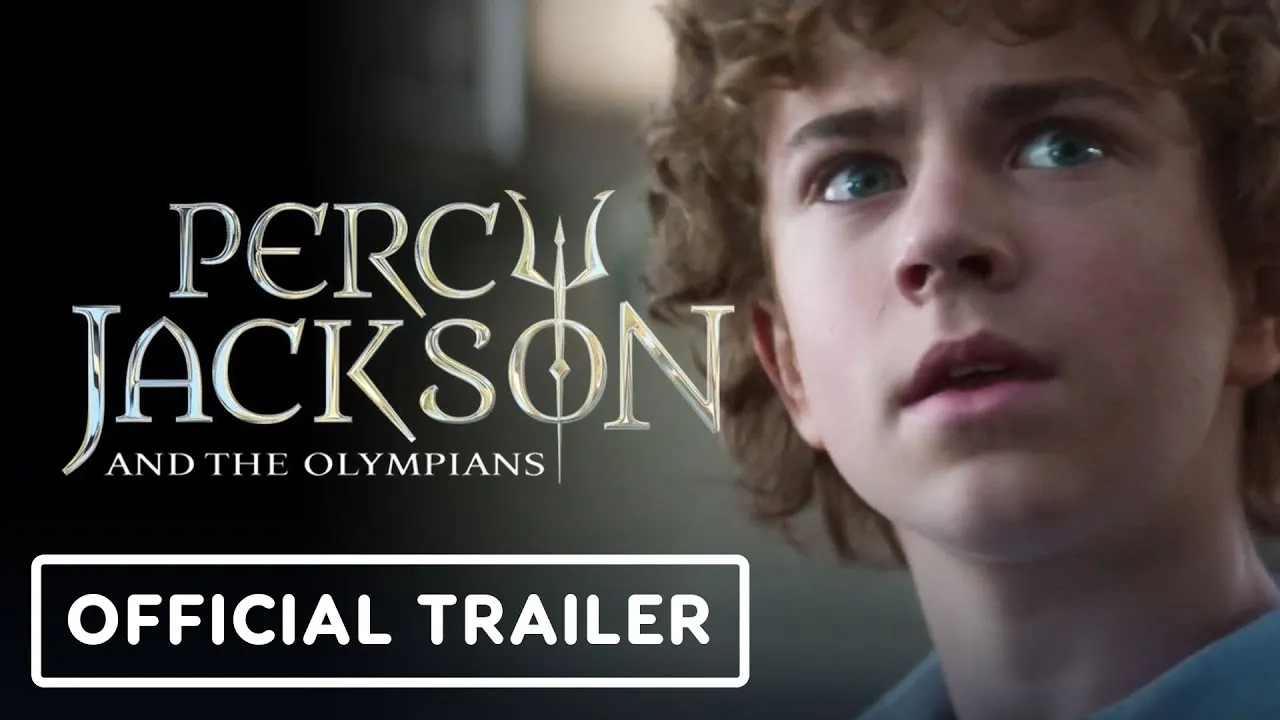Some revolutions break chains. Others break families.
Set against the hauntingly beautiful yet blood-stained backdrop of 1920s Ireland, The Wind That Shakes the Barley is a searing historical drama that explores the birth of a revolution—and the shattering of family in the process. Directed by Ken Loach with quiet fury and deep compassion, the film captures a nation at war not just with an empire, but with itself.

Cillian Murphy delivers a career-defining performance as Damien O’Donovan, a young medical student whose plans for a peaceful life are derailed when he witnesses the brutality of British Black and Tan forces in his homeland. Reluctantly but resolutely, he joins the Irish Republican Army alongside his older brother, Teddy (Pádraic Delaney), to fight for Ireland’s independence from British rule.
At first, they are united by a common dream: freedom, dignity, justice. But when the Anglo-Irish Treaty is signed, splitting the island and establishing a Free State under British dominion, the dream fractures. Teddy supports the treaty as a compromise. Damien sees it as betrayal. The civil war that follows pits brother against brother—not in ideology alone, but in loyalty, love, and blood.

Filmed in natural light with minimal score, Loach’s direction imbues every frame with realism and sorrow. The dialogue is sharp and intimate, echoing not grand speeches but whispered decisions made in smoky kitchens and foggy hills. It’s a film less about victory than about the unbearable weight of conscience.
The Wind That Shakes the Barley doesn’t glorify revolution. It mourns what it costs. In the rustling barley fields and quiet executions, it reminds us that the price of freedom is often paid in grief—and sometimes, by the ones we love most.


-1754992105-q80.webp)
-1755053554-q80.webp)